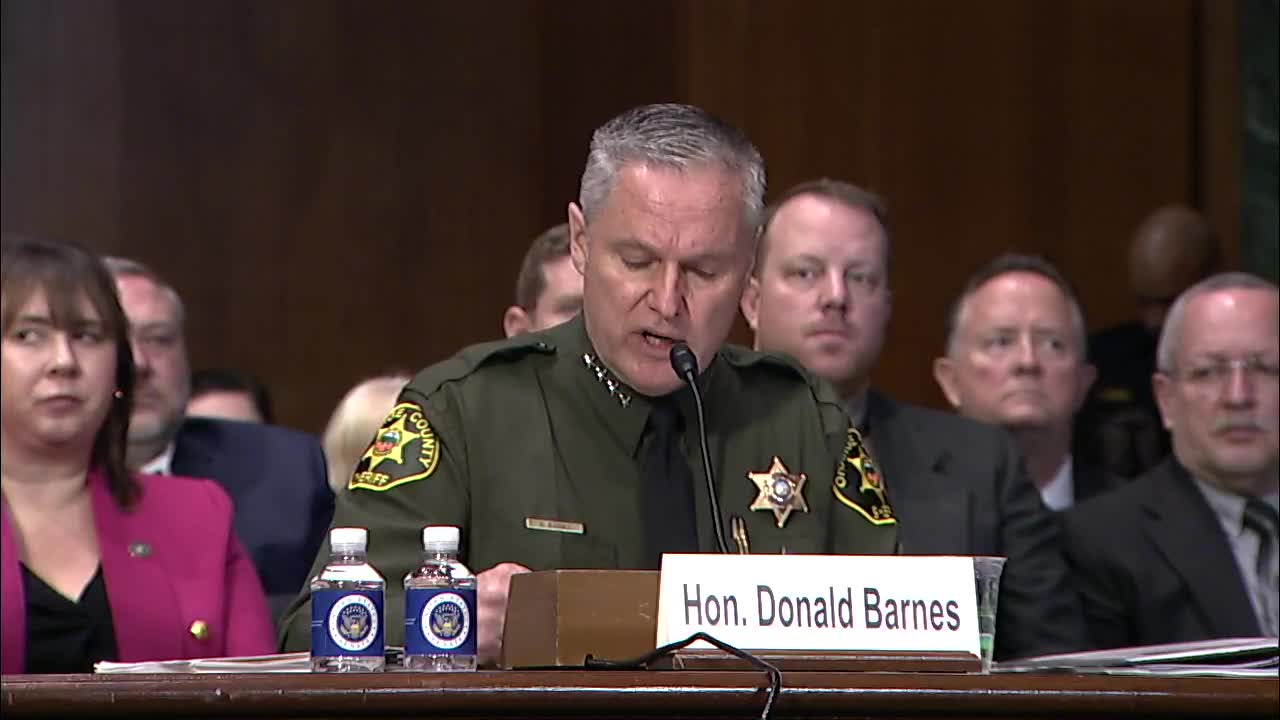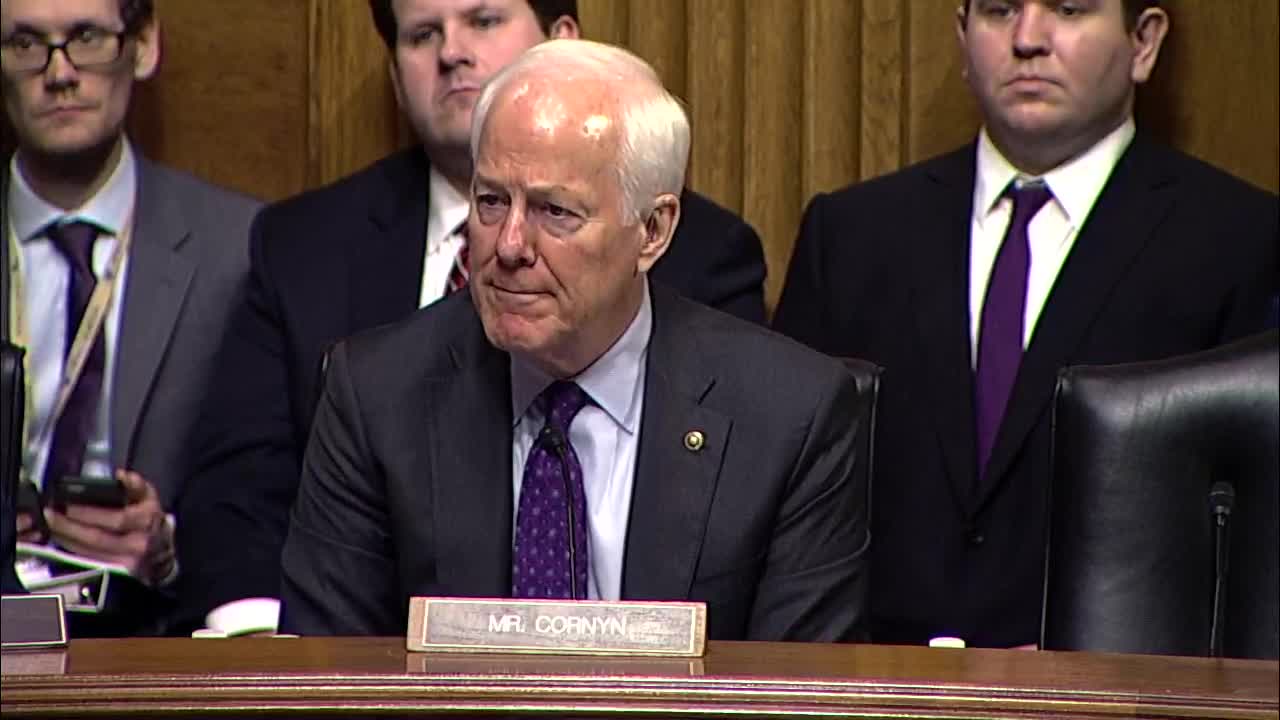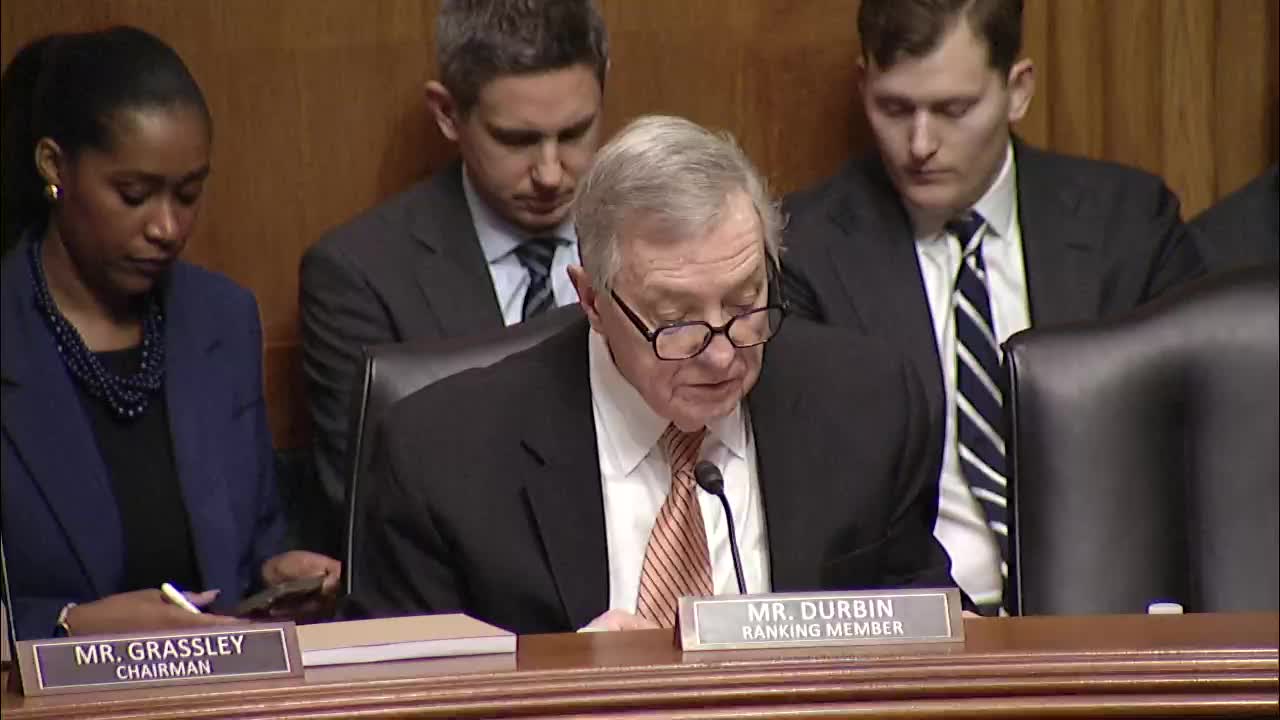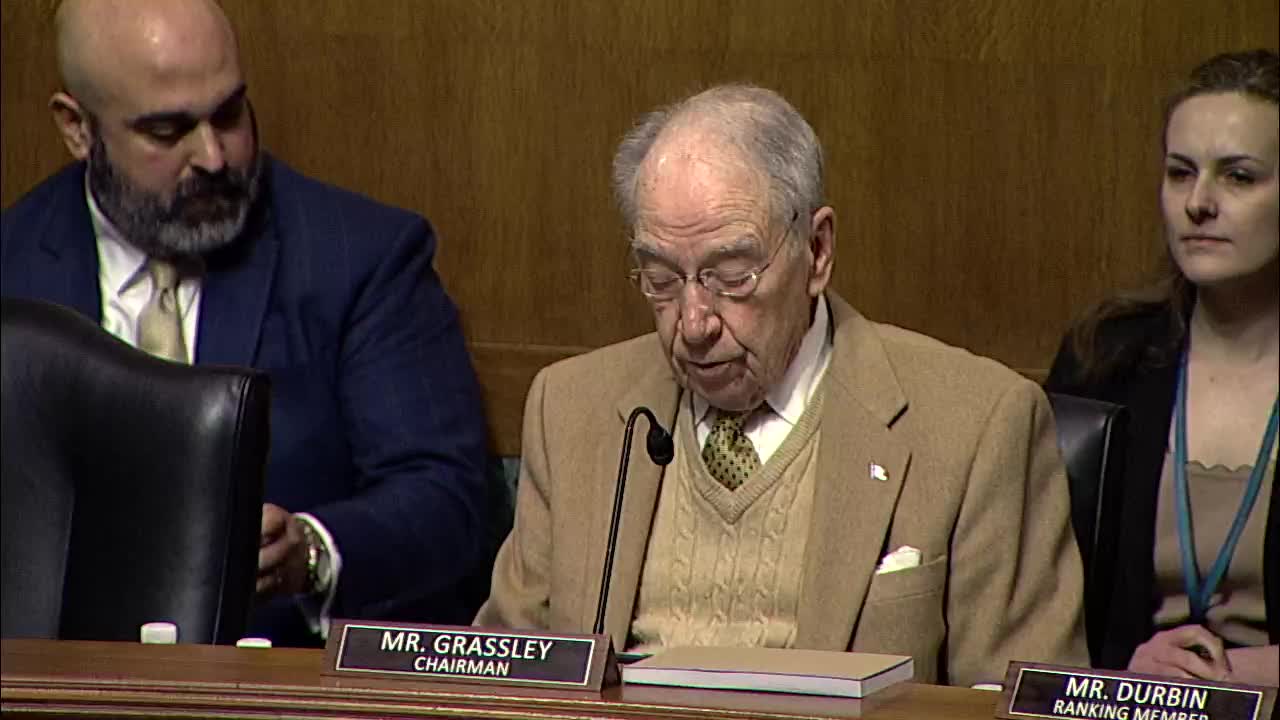Article not found
This article is no longer available. But don't worry—we've gathered other articles that discuss the same topic.

Sheriffs and Senators Press for More HIDA Funding, Naloxone and School Education as Part of Fentanyl Response

Experts Tell Judiciary Committee U.S. Drug Supply Involves China Precursors and Mexican Cartels; Cooperation With Mexico Urged

Parents and Senators Press Tech Firms, Seek Reforms After Teens’ Fentanyl Deaths

